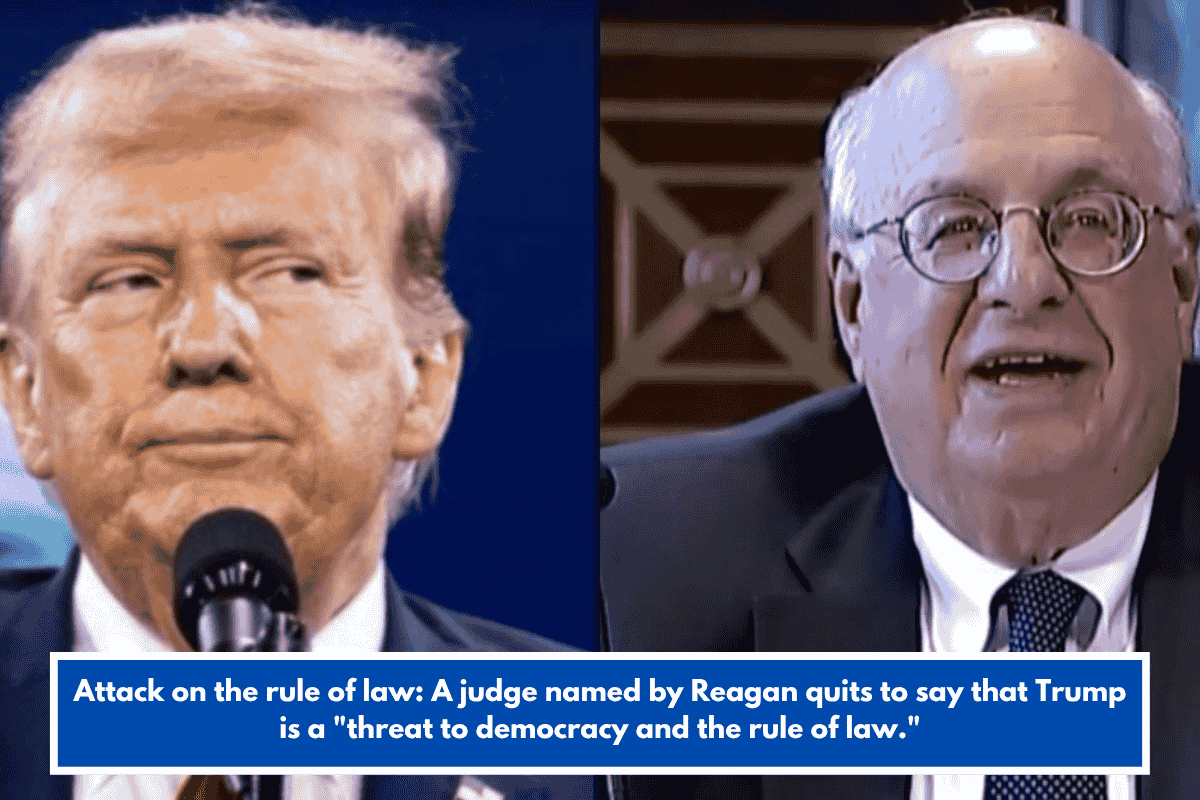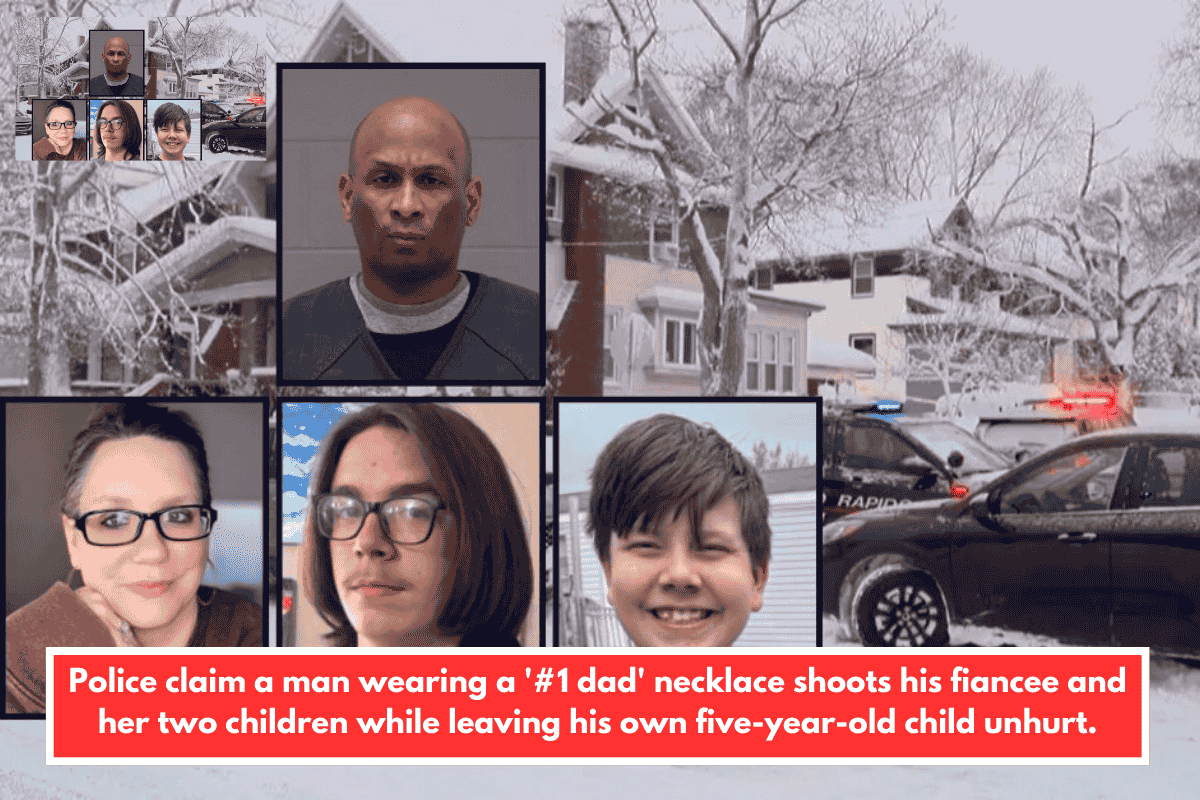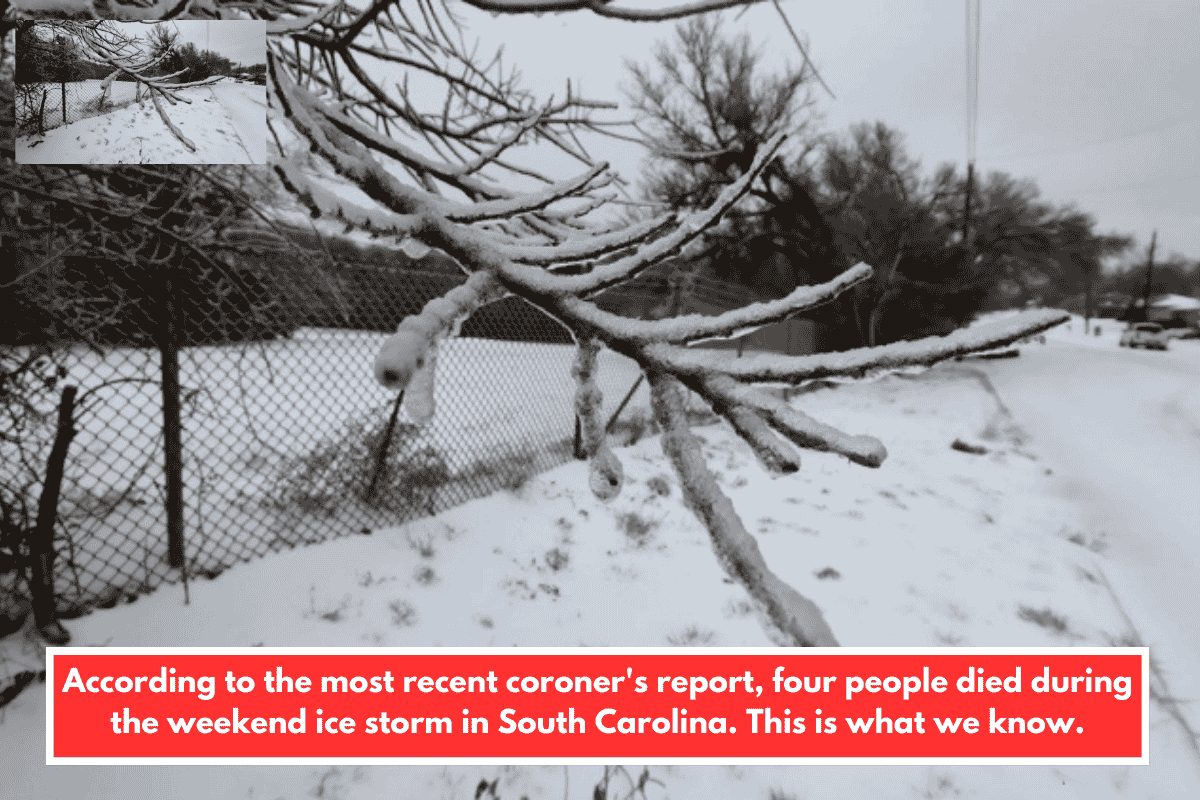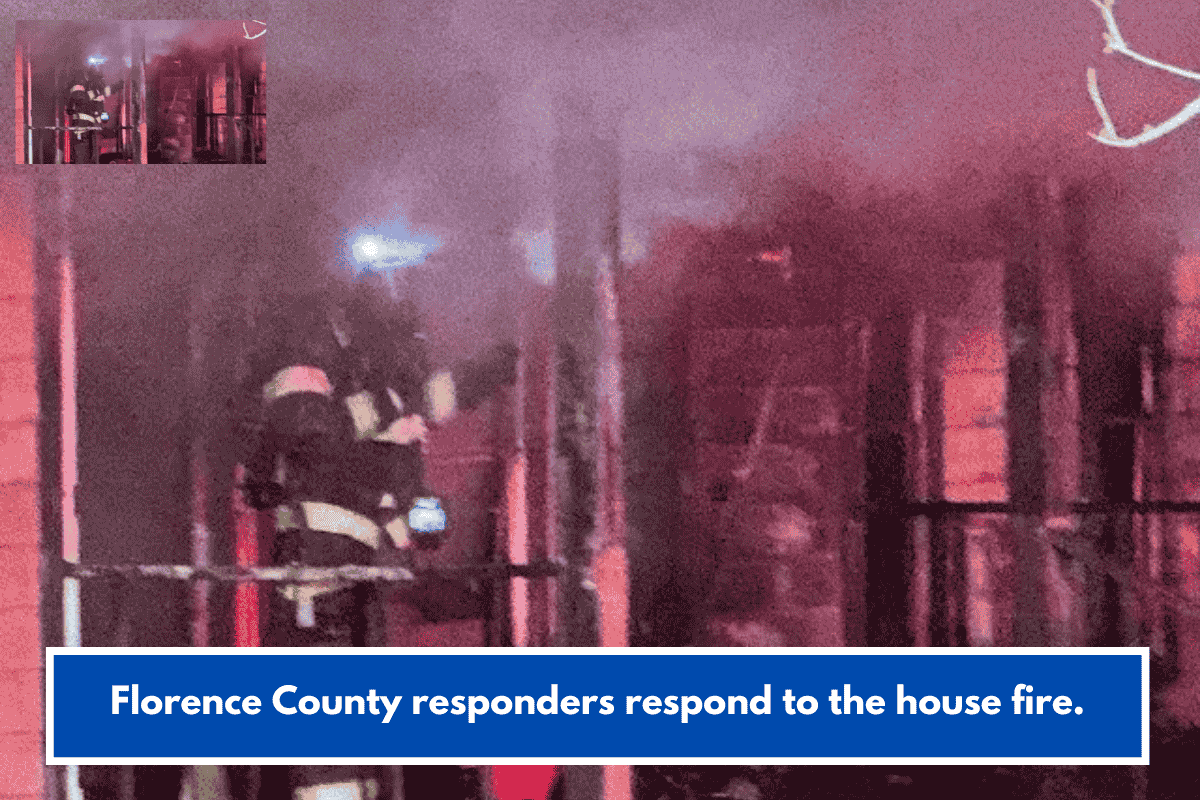A federal judge nominated by Ronald Reagan in Massachusetts has resigned his lifetime position to speak out against what he sees as abysmal abdication of duty and abuses of power inside the Trump administration.
Senior U.S. District Judge Mark L. Wolfe, who was appointed in 1985, formally resigned from the post he “loved” on Friday, saying he can “no longer bear to be restrained by what judges can say publicly or do outside of the courtroom.”
“President Donald Trump is using the law for partisan purposes, targeting his adversaries while sparing his friends and donors from investigation, prosecution, and possible punishment,” Wolfe wrote in an opinion piece for The Atlantic. “This goes against everything I have stood for in my more than 50 years at the Department of Justice and on the bench. The White House’s assault on the rule of law is so upsetting to me that I feel forced to speak out. For me, silence has become intolerable.”
Wolfe said that during his 40 years on the bench, he presided over several high-profile cases, including the prosecutions of gangsters James “Whitey” Bulger and Stephen “Rifleman” Flemmi, as well as their FBI handler. The judge stated that he always made decisions based solely on the facts of the case and the law, with no regard for politics, popularity, or personal preferences, because justice is “supposed to be administered — equally for everyone, without fear or favor.”
The former federal prosecutor outlined a slew of grievances he had with Trump’s Justice Department, including the president’s apparent proclivity for ordering the prosecution of his perceived political rivals.
In the op-ed, Wolfe cites Trump’s social media post urging Attorney General Pam Bondi to prosecute New York Attorney General Letitia James and former FBI Director James Comey as great examples of people being prosecuted without enough evidence. Trump’s own appointment to oversee the US Attorney’s Office in Virginia, where James and Comey were indicted, was forced to quit after doubting the authenticity of Comey’s indictment. The prosecutor was eventually replaced by one of Trump’s former personal attorneys, though the legitimacy of her appointment has yet to be determined.
On the other side of the coin, Wolfe emphasized Trump’s proclivity for sheltering his contributors and supporters from legal penalties. Wolfe cited Tom Homan, White House Executive Associate Director of Enforcement and Removal Operations, as an exceptionally severe example of such behavior:
In September of last year, Tom Homan, who became Trump’s “border czar,” reportedly was recorded accepting $50,000 in cash in return for a promise to use his potential future public position to benefit a company seeking government contracts. The FBI had created the fictitious company as part of an undercover investigation. Typically, an investigation of that sort would have continued after Homan became a Department of Homeland Security official, with the FBI seeking any additional evidence of bribery. However, after Trump took office, the investigation was shut down, with the White House claiming there was no “credible evidence” of criminal wrongdoing. Weeks after the FBI investigation was reported, Homan denied taking $50,000 “from anybody” and has said he did “nothing criminal.” An honest investigation could reveal who is telling the truth.
Noting that he has been a senior judge since 2013 — which means his resignation will prevent Trump from appointing another judge because his successor has already been appointed — Wolfe speculated that he could do more to uphold the law by speaking out against the current administration than by remaining on the bench.
He underlined that his colleagues in federal district courts across the country have been “admirably deciding a variety of cases” arising from Trump’s “unprecedented actions,” and that their efforts have been successfully undermined by the U.S. Supreme Court at practically every stage. The conservative bloc of justices, three of whom were selected by Trump, has regularly overturned lower courts’ injunctions and restraining orders by deciding emergency motions through the court’s “shadow docket.” Such verdicts often provide little, if any, explanation for the court’s conclusion.
“I doubt that if I remained a judge I would fare any better than my colleagues,” Wolfe said.
According to a Brennan Center tracking project, the Supreme Court has issued 23 opinions via the shadow docket since Trump’s inauguration in January, with 20 of them siding with the administration.
“I resigned to speak out, support litigation, and collaborate with other individuals and organizations committed to upholding the rule of law and American democracy.” “I also intend to advocate for judges who are unable to speak publicly for themselves,” Wolfe stated. “Others in positions of authority, including former federal judges and ambassadors, have criticized this administration’s efforts to undermine the principled, impartial administration of justice and distort the free and fair functioning of American democracy. They have persuaded me to work with them. As much as I have valued my position as a judge, there is nothing more important to me than joining them and doing everything I can to battle today’s existential threat to democracy and the rule of law.”














